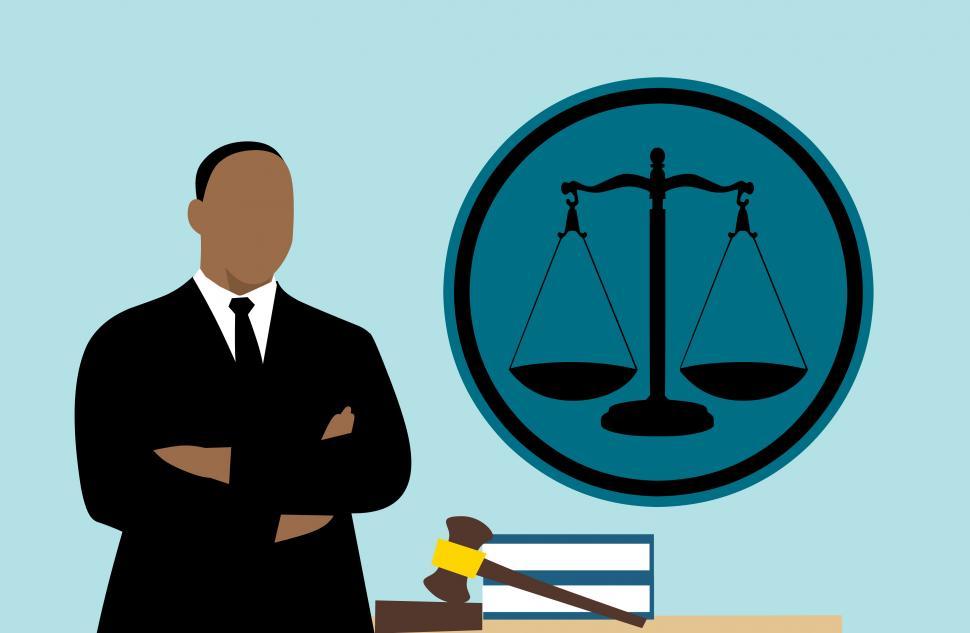Navigating the law environment can be overwhelming for both practitioners and clients alike. Attorneys often find themselves juggling a multitude of tasks, from handling case loads to maintaining client relationships. In a stressful environment where deadlines can be harsh, developing efficient time management strategies and strategies for stress is vital for gaining success and ensuring mental wellness.
In this article, we will discuss valuable tips and insights customized for lawyers on how to manage their time and stress levels efficiently. From comprehending the importance of comprehensive case preparation to being aware when to request support, these strategies will not only enhance your productivity but also enhance your interactions with clients. Accompanying us on this venture means discovering a harmony that allows you to succeed in your practice while protecting that your mental well-being stays strong.
Crucial Law Guidelines
Navigating the legal landscape can be challenging, but grasping a few fundamental principles can make a substantial difference. One essential tip for all is to be assertive about your legal rights. Regardless of whether thecompletelawyer.com are facing issues related to work, property, or individual injury, knowing your rights can allow you to take necessary action. Acquaint yourself with state laws that pertain to your situation, and don’t hesitate to reach out to legal professionals for guidance.
An additional key aspect is understanding when to obtain the assistance of an attorney. Many individuals attempt to resolve legal matters on their own, only to find themselves feeling overwhelmed or making mistakes that can be expensive in the long run. Knowing when to engage an attorney is important; if you are facing a legal dispute, navigating a complicated contract, or dealing with a criminal charge, professional legal advice can help guarantee that your rights are defended and that you achieve the most favorable possible outcome.
Finally, always keep a record of everything related to your law-related issues. Keeping a comprehensive record of communications, agreements, and events can prove crucial if a conflict arises. This documentation helps establish a clear timeline and can support your case if it advances to court or negotiation. By being methodical and prepared, you can minimize stress and boost your chances of a successful resolution.
Grasping Your Legal Rights
Understanding one's legal entitlements is crucial in navigating the challenges of the law. Regardless of whether you're dealing with law enforcement, employment matters, or personal disputes, being aware about your rights can empower you to take more informed choices. For instance, knowing one's rights during a police stop can assist you avoid incriminating and guarantee that officers respect one's legal protections. Knowledge with your rights enables you to advocate for yourself effectively and seek assistance when needed.
Workers also benefit greatly from understanding one's rights in the workplace. It is essential to know what defines unfair treatment and what safeguards are in place against bias, harassment, and wrongful termination. Knowing your rights as an employee can help you identify when to seek legal counsel if your employer violates labor laws or your employment contract. This awareness is key to maintaining a fair working environment where one's contributions are valued.
In addition, tenants and landlords must understand one's respective rights to facilitate smooth rental transactions. Legal rights regarding lease agreements, security deposits, and eviction processes have a significant role in safeguarding both parties. Knowing these rights can assist prevent disputes from escalating and promote a more harmonious landlord-tenant relationship. Familiarize yourself with the legal framework governing the situation to protect your interests effectively.
Legal Process Understanding
Comprehending the lawful procedure is vital for people traversing the intricacies of the legal system. Whether you're dealing with a felony, handling a personal injury claim, or managing inheritance matters, the phases involved can be overwhelming. It's important to start by orienting yourself with how a legal action unfolds, as this gives you a basis to assess the schedule and potential outcomes. Being aware of what to foresee, from filing your case to the potential of trial or resolution, can greatly reduce anxiety and help you make wise choices.
One of the most common legal errors clients make is forgetting to act quickly. Postponements can jeopardize your situation, whether it’s overlooking a time limit to file paperwork or disregarding a legal summons. Each stage of the legal process has fixed deadlines that must be adhered to, and an attorney can help you guide through these. If you're unsure about whether you have a legal matter or what defines a strong legal case, speaking to a legal professional is crucial to steer clear of avoidable pitfalls.

Lastly, arranging for trial is a critical step that should not be ignored. Knowing how to present your argument, what evidence you'll need, and comprehending proper conduct in court can make a significant difference. Attorneys often suggest practicing your statements and bringing all required materials to make sure you are prepared. This preparation not only enhances your confidence but also assists in effectively conveying your case to the judge or jury.
